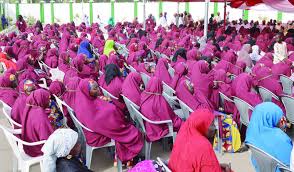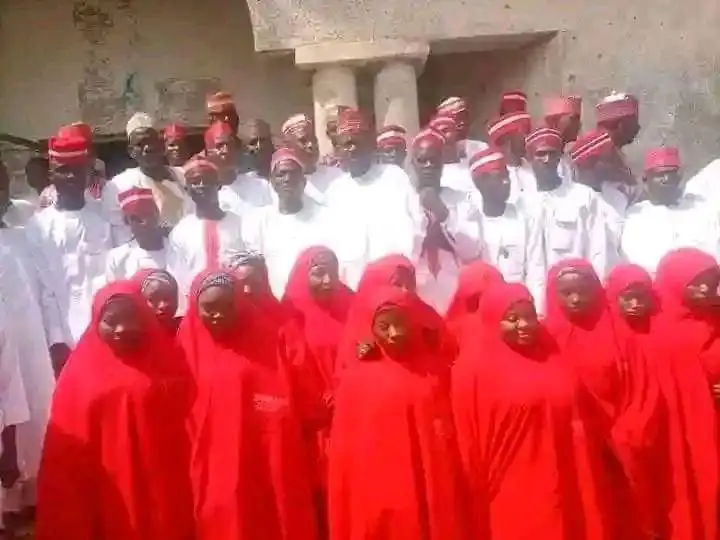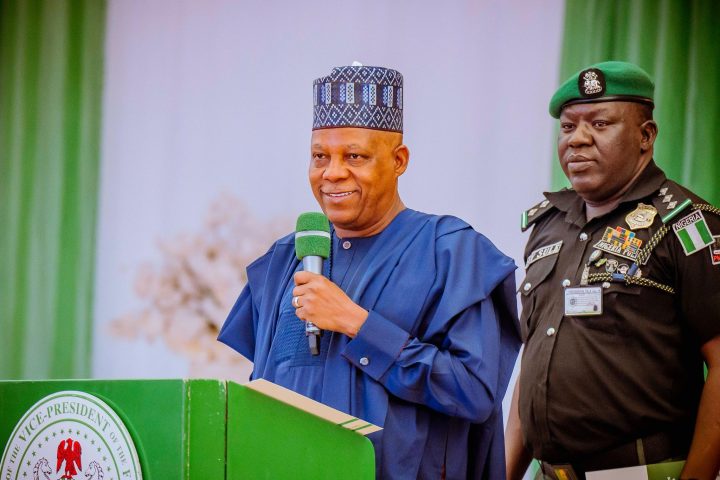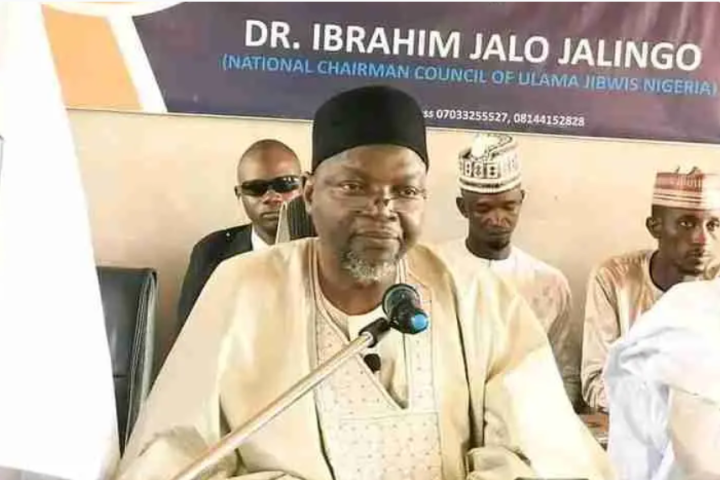The headlines last week gave a kaleidoscopic picture of the Nigerian tragedy: Lagos State allocates N3.5 billion to improve power supply; Kano votes N2.5 billion for mass wedding. It captures the inherent absurdities in our nation and the different the mindsets of its leaders. While a section of the federation is investing in key infrastructure and human capital development, the other half is wasting away resources on things that induce poverty and hasten underdevelopment.
In its 2025 budget, Kano State government is allocating N2.5 billion for sponsorship of mass weddings in the 44 LGAs. Total fiscal proposal is N719. 7 billion. Commissioner for Planning and Budget, Musa Shanono says the government is sponsoring mass wedding in order ‘’to promote social responsibility, human rights and transparency, in addition to fostering sustainable society’’.
Join our WhatsApp ChannelKebbi, another state in the same North West, would splash N54 million to sponsor mass wedding for 300 couples on February 27. Chairman of the organizing committee, Alhaji Suleiman Argungu, said the event is a fulfillment of the pledge made by Gov. Nasir Idris at a similar ceremony last year. The governor had promised that mass wedding would be a regular program of his administration. In addition to the payment of bride prices on behalf of the groom, the couples will receive household items such as furniture and food items ‘’to help them establish a stable marital life’’, according to Alhaji Argungu.
Many states and well-to-do persons in the North routinely sponsor mass weddings to goad poor individuals into marriage. In October 2020, then Senate President Ahmed Lawan sponsored the wedding of 100 couples whom he identified as orphans and the less privileged in his constituency. Over 5,000 persons are wedded every year in such ceremonies. But why are mass weddings so important in Northern Nigeria? There’s a political dimension to it. Although they are presented as welfare or philanthropic gestures, mass weddings are in reality meant to encourage rapid population growth, which the elites believe, ultimately confers electoral advantage to the region. This is why Northern politicians are always quick to boast that the region will always determine who wins Nigeria’s presidential elections.
But they have failed to realize the problems associated with unbridled population growth such as overcrowded cities; resource depletion; unemployment; strain on infrastructure and social services; increased crime; decreased quality of life; increased disease transmission; increased poverty; inadequate housing and overwhelmed healthcare and educational systems. According to UNICEF, there are 18.3 million out-of-school children in Nigeria, of which 10. 2 million are of primary school age and 8.1 million are of junior secondary school level. Most of them are in the North where terrorism has been a big problem.
Instead of tackling this globally embarrassing problem, Northern political leaders are more interested in boosting population growth by offering the poor all-expense paid weddings. The urge to control power and be in public office is stronger than the need to enhance the welfare of their people. But a poverty-stricken and poorly educated population is less likely to take care of its offspring; thus perpetuating a vicious circle of poverty and dragging the rest of the society back.

Without skills, education and future prospects, they are easily recruited into terrorist groups; kidnap and robbery gangs. They do not work; don’t pay taxes, but rely solely on alms and government handouts. Some drift southwards where they take to menial jobs in big cities; constituting themselves into social menace and security risks. This is the problem of Northern Nigeria, which has become the Nigerian crisis. Mass weddings are a clear example of how a government’s welfare programme could be counterproductive.
Nigeria has one of the highest fertility rates (number of births per woman) in the world. As at 2022, it was 5.14 per woman. It is far higher in the North, with some states like Katsina hitting 7.4; and lower in the South, as low as 3.2 in some Southern States, according to the economist. The import of this disparity between the two regions is obvious. While one region is far more economically progressive, the other seems to be travelling back in time. A 7.4 fertility rate is higher than what the global rate was in the 1800! Nigeria’s population is growing quite rapidly, faster than GDP’s three per cent growth rate. Income levels are also very low in the country.
A recent report by McKinsey & Company, an international consulting firm, stated that less than one million Nigerians in both government and private sector earn up to one million naira per month. Our huge population therefore does not necessarily translate into a big consumer market with more than 70 per cent of the population living in multidimensional poverty. Northern Nigeria underperforms the South in almost all indices: per capita income; employment; school enrolment; WAEC performance; poverty rates and many others. The convention wisdom in many parts of the world is that no young man seeks to marry and start a family until he has a means of livelihood.
In recent times, a few Northern leaders like Gov. Sule of Nassarawa State have admitted publicly that the region has failed in its basic responsibilities to the citizens. Speaking in Lafia at a conference on population dynamics, security, climate change, out-of-school and vulnerable children last November, Sule said it was time for the North to address the challenges of the almajiri system. ’’The almajiri problem is indeed a huge issue for us. It’s time we stopped complaining and took the bull by the horns to solve it. He attributed the persistence of the almajiri problem to systemic failures and the neglect of parental responsibilities.
Mass weddings have not helped the North. Rather, it has perpetuated poverty and it’s time to modify it. One way of doing this is to train the would-be couples in any trade of their choice; give them grants for take-off and offer to sponsor the weddings of only those who can fend for themselves. In that case, mass weddings would become incentives for economic empowerment rather than a tool for subjugation.

Etim Etim
ETIM ETIM is a journalist, banker and author. He has been a member of the Editorial Board of The Guardian, a Regional Manager in Access Bank and is currently a Columnist in Prime Business Africa, The Cable and Businessday newspapers.
He is also the Chief Executive of Stein Meyer Communications, a major media consultancy and the author of the best-selling book, "Akwa Ibom Heroes: Inside Story of the Fight for Abrogation of Onshore-Offshore Oil Dichotomy" and co-author of another book, "Osinbajo Strides: Defining Moments of an Innovative Leader".

















